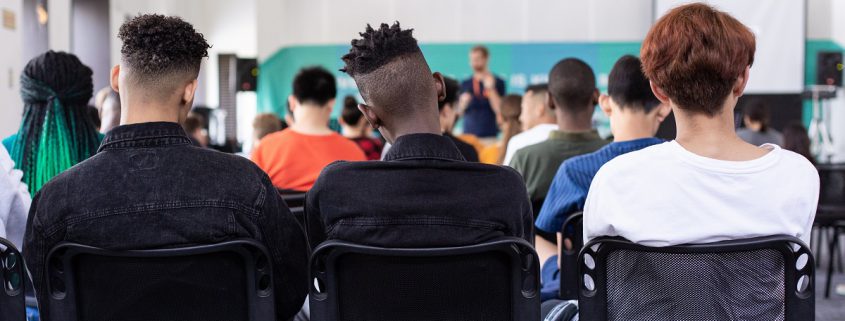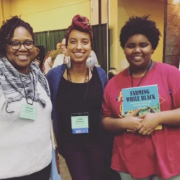What’s the Best Way to Lead Classroom Discussions about Ukraine?
A number of articles have offered advice in the last few weeks.
One good reading is “Veteran Teachers on How to Talk with Your Students About the War in Ukraine,” an article that was published on TeacherVision.com. The article recommends sharing feelings and building empathy . . . allowing ample time for students to raise concerns they would like to discuss. . . and guiding discussions to control the topics that students introduce.
The article also recommends handling the topic with care and sensitivity, since younger students especially could become emotionally upset when discussing the violence and human upheaval the invasion has brought about.
That is good advice. But teachers we have spoken with over the last week have gone a bit deeper in the advice they offer about handling classroom discussions of Ukraine. Some suggestions include:
- Take pains not to portray Russians as evil. To do so is to run the risk of stigmatizing any of your students who may be of Russian heritage. And if any students veer too far into characterizing the Russians as evil, initiate a discussion that reinforces the lesson that individual Russian people do not necessarily support cruelty or the invasion of Ukraine.
- Resist the temptation to compare Russian citizens, leaders, and soldiers to Nazis or our German enemies during World War II. To do so risks offending or upsetting students of Russian, German, or even Jewish heritage, and members of other constituencies too. Discussing broad historical trends is worthwhile, but it is wisest to avoid stigmatizing anyone.
- Be careful about using violent videos and other media in your classroom. A lot of the news that comes into our homes just now is especially disturbing and graphic in nature. Several educators we spoke with shared their view that showing less violent or disturbing content in a classroom setting is probably wisest.
- Discuss Ukrainian and regional history, geography, and other topics that are related to the conflict. Doing so will extend students’ knowledge of the conflict beyond the daily news of what is taking place.
- Expose students to the literature of Nikolai Gogol, the music of Sergei Prokofiev, and the piano recordings of Vladimir Horowitz. They are only three of the many cultural giants who were born in Ukraine.
Your Students Are Invited to Explore Their College & Career Options with Us . . .
Students who participate in the National Career & College Pathway Study will gain new insights about making educational decisions that align with their interests, passions, and aptitudes. Participants will receive information on college and career opportunities that match their interests.

Resources
Career and College Lesson Plan
Request study materials for your classroom
Related Posts
What Does the Russian Invasion of Ukraine Mean for International Students?
Positive Educational Trends that Have Emerged from the Pandemic
Are These Radical Changes About to Affect American Higher Education?
New Research Findings: What American Colleges Are Doing to Attract Students
Research Finds that Only 51% or U.S. High School Students Are Learning to Be Good Global Citizens
4 Questions We Should Be Asking about Falling International Student Enrollments










Leave a Reply
Want to join the discussion?Feel free to contribute!